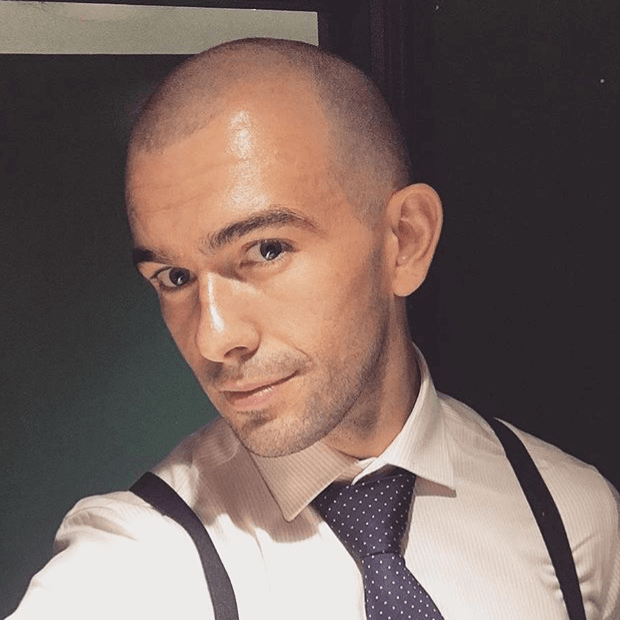Students Need to See Teachers who are Like Them

As a teenager, Matt Pinkett spoke like a geezer to imitate his heroes – as a teacher, he does it to remain himself…

- by Matt Pinkett

For us, the ‘geezer’ was perfectly embodied in the characters played by the likes of Ray Winstone, and Danny Dyer, and also in the gangsters of Guy Ritchie films like Snatch and Lock, Stock, and Two Smoking Barrels.
Geezer culture was a culture of laddishness (with all the usual abhorrent misogynist trappings), but it was imbued – or so we thought at the time – with a roguish charm of the cockney variety.
People like Ray Winstone – and yes, Danny Dyer – were gods to us. We wanted to be just like them: Jack-the-lads that got away with it. Tough, cheeky, and charming.
The fact that we were none of these things didn’t deter us.
Shared language
A penchant for violence, drugs, alcohol and criminality was beyond our delicate sensibilities, but there was one thing the geezer possessed, that we too could incorporate into our very being.
That thing was language: the language of glottal stops, dropped aitches, rhyming slang and swearing. The lads and I started saying things like ‘score’ instead of ‘twenty’, ‘blower’ instead of ‘phone’, and ‘brassic’ instead of ‘skint’.
We didn’t know what we were on about most the time but we thought we sounded ‘ard and that was all that mattered. Although we couldn’t afford the ten quid it cost to get to London, we sounded like we’d been born ringing those bells at Mary-Le-Bow.
When, five years later, I began my teacher training in Guildford, I made a conscious decision to retain the cockney (okay, mockney) way of speaking which was now very much a part of me.
I decided against using rhyming slang in lessons (“Get your hooks out, kids” may’ve raised some health and safety concerns) but I wanted to keep the ‘twang’, because I value authenticity, kids value authenticity, and I wanted kids to see that I was authentically me.
Stupid conclusion
So how has this manifested itself? Well, it means occasionally, when I’m exulting excitedly about something I’m passionate about, I might say something like, “On Fursday we’re gonna be lookin’ at me-afors in ‘Amlet.”
If you’re reading this and think that talking this way makes me sound stupid, you are not alone.
Linguist Dr Alex Baratta has done lots of work on accent prejudice in the teaching profession and has found evidence of it having an influence in training situations: one such victim of this prejudice – a teacher with a London accent – was advised by her teacher training mentor to write the word ‘water’ with a capital ‘t’ (waTer), in order to avoid using the glottal stop.
Of course, I’m not stupid. Not always, anyway.
In fact, I’d go as far to say that my calculated decision to retain the ‘twang’ has worked wonders for me in areas where it matters: it’s been a kind of comfort blanket in a profession where I often feel an impostor; it’s also helped me engage with people who don’t expect teachers to speak the way I do.
I’ll never forget the time one parent told me, “It’s amazin’ to speak to someone who actually sounds flippin’ nawmal” (I think she meant, ‘not middle-class’).
Honest, guv’nor
And it’s not just parents. Carly Moran, teacher and #WomenEd event organiser, once jokingly told me I had the voice of an angel. In anticipation of this article, I recently asked her to elaborate. “I’d just never met someone who sounded as London as me,” she explained. “You sounded individual, authentic, confident, and honest.” As teachers we are role models. I genuinely feel that in keeping my accent I’m telling my kids: Go far… but don’t forget where you came from.
Matt Pinkett is a head of English in Guildford. Find him on his blog at allearssite.wordpress.com and on Twitter at @Positivteacha.










